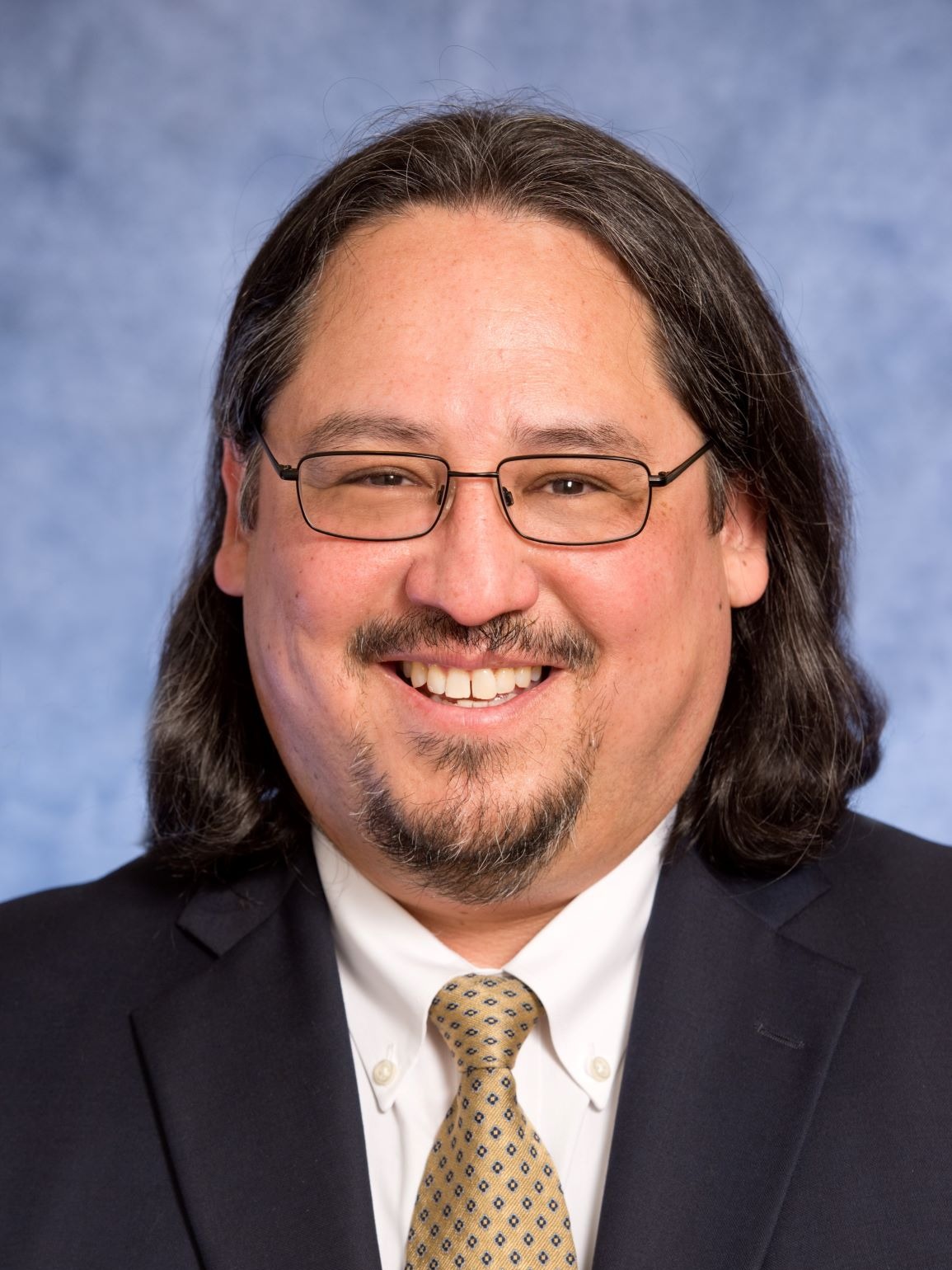Joseph P. GoneNobel Conference 58

Joseph P. Gone
Professor of Anthropology and of Global Health and Social Medicine, Harvard
Anticolonial Approaches to Community Mental Health Services for American Indians: Enacting AlterNative Psy-ence
Native American people suffer mental health issues just like any other community in the world. Many community members struggle with substance abuse, depression, and associated distress. But living on reservations also presents unique problems. To understand, and thereby help to address Native American mental health challenges, it is extremely important to first study their own context and the framework of their lives in a non-decolonized society.
Research performed with Native American communities has found that understanding history and spirituality is extremely important to understanding the mental health problems of people living on reservations. Forms of disabling distress can be attributed to processes of Euro-American colonization. Joseph P. Gone recasts “mental disorders” as (post)colonial pathologies. This understanding anchors an entire “alterNative” Indigenous mental health framework that is parallel to, but distinguished from, dominant psychiatric discourse. Gone has collaborated with tribal communities for more than 25 years to critique conventional mental health services and harness traditional culture and spirituality for advancing Indigenous wellbeing.
Joseph P. Gone is Faculty Director of the Harvard University Native American Program, Professor of Anthropology, Global Health, and Social Medicine in the Faculty of Medicine at Harvard University. In 2014, Gone was awarded a Guggenheim Fellowship. In 2021, he received the APA Award for Distinguished Professional Contributions to Applied Research and was elected to the National Academy of Medicine. His work explores the cultural psychology of self, identity, personhood, and social relations in Indigenous community settings with respect to mental health professions. These publications have identified alternative Indigenous construal of the mental health enterprise, with an emphasis on historical trauma and traditional healing. An enrolled member of the Aaniiih-Gros Ventre Tribal Nation of Montana, he also served briefly as the Chief Administrative Officer for the Fort Belknap Indian reservation.
Gone's talk: In an early part of his career, Joseph P. Gone explored depression and problem drinking among his own people on the Fort Belknap Indian reservation in Montana, USA. There he interviewed a middle-aged cultural traditionalist named Traveling Thunder who explained to him why many community members struggled with substance abuse and associated distress. In Traveling Thunder’s view, the primary problem was that, “We never was happy living like a Whiteman.” As it turned out, this straightforward observation captured an entire explanatory rationale about reservation mental health that reappears everywhere Gone goes in “Indian Country.” Specifically, Traveling Thunder highlighted history and spirituality in his account of the emergence of reservation mental health problems, overtly attributing these forms of disabling distress to processes of Euro-American colonization. This problem frame overtly recasts “mental disorders” as (post)colonial pathologies, which anchors an entire alterNative Indigenous mental health framework that is parallel to but distinguished from dominant psychiatric discourse.